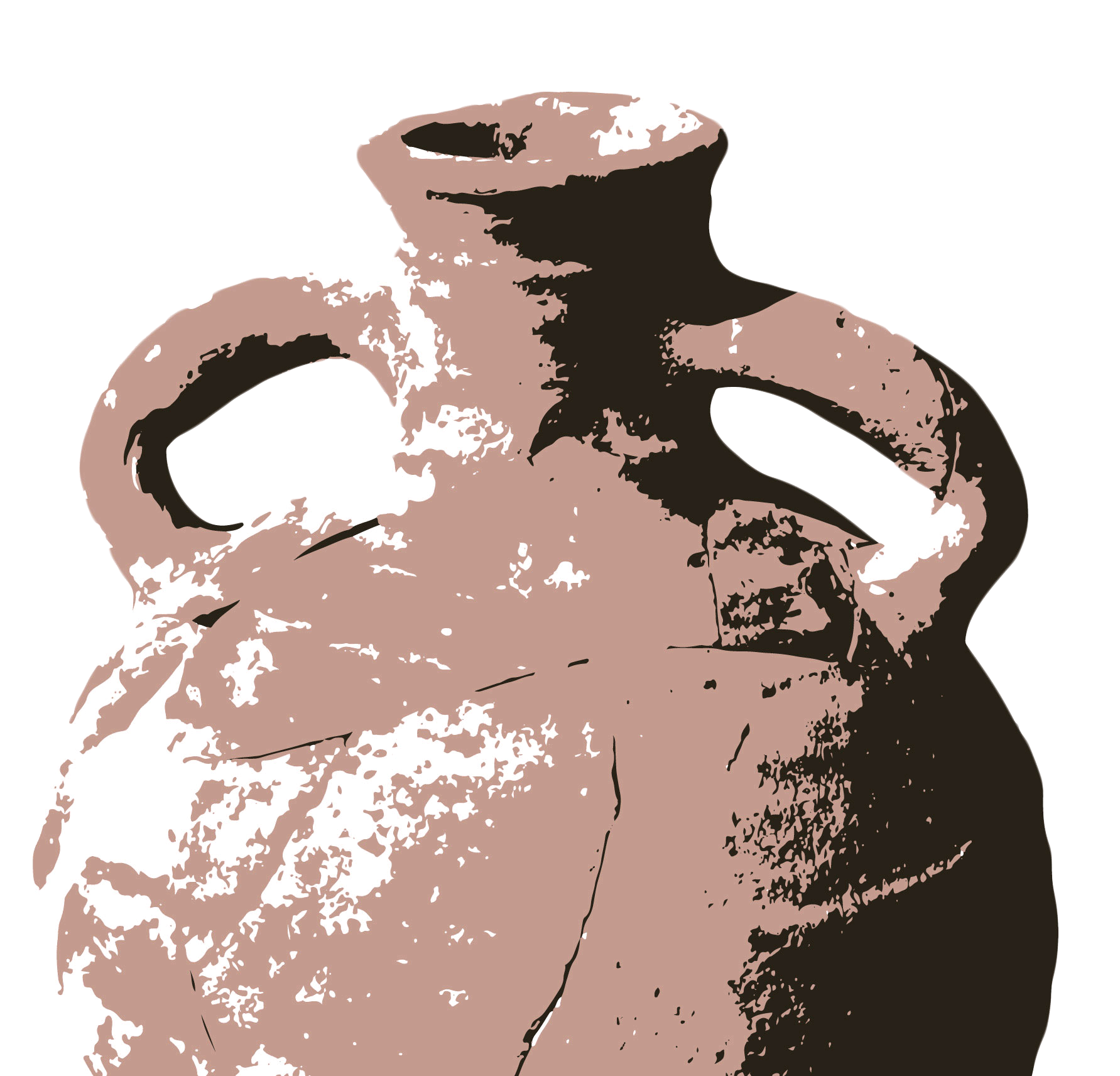To ensure compliance with mandatory and recommended Open Science practices we commit to:
- Write and upload a living Data Management Plan;
- Upload the datasets to the trusted repository Nakala, ensuring their compliance with the FAIR principles (Findability, Accessibility, Interoperability, and Reuse).
- Upload all research outputs to the HAL Open Science archive and the OSF platform, making them freely accessible to other researchers.
- Disseminate the outputs preferably via open access journals and apply the Creative Commons license.
Conference papers, workshops and scientifica papers
| 26/11/2024 | Elena Pezzini, Carla Aleo, Fabrizio Ducati, Viva Sacco (2024), “Le case romane di Piazza della Vittoria a Palermo tra Tardoantico e alto Medioevo: nuovi dati dall’archivio e dai magazzini del Museo Salinas”, in L’Isola dei Tesori: Ricerca Archeologica e nuove acquisizioni. Atti del Convegno internazionale (Agrigento, Museo Archeologico Regionale “Pietro Griffo”, 14–17 December 2023, edited by Maria Concetta Parello), Agrigento, Italy, pp. 49–56. https://hal.science/hal-05058572v1 |
| 07/05/2024 | Fabrizio Ducati, "FIRS project: Frontiers Inside the Roman Sicily", Meet & Greet, Department of Ancient Mediterranean and Near Eastern Studies, The British Columbia University, Vancouver, BC, Canada. https://hal.science/hal-04584171v1 |
| 08/07/2024 | Fabrizio Ducati, “FIRS Project: Frontiers Inside Roman Sicily”, talk for the online workshop La ricerca archeologica nel contesto delle Marie Skłodowska-Curie Actions: Progetti, esperienze, networks. |
| 03/01/2025 | Fabrizio Ducati and Roger J.A. Wilson, “Campanaio: The Rise and Fall of a Late Antique Rural Settlement in Central Southern Sicily; First Results of the 2024 Study Season”, talk for the Annual Meeting of the Archaeological Institute of America in Philadelphia, PA (2–5 January 2025), Session 1K: Late Antique Field Report. https://hal.science/hal-04911703v1 |
| 11/06/2025 | Fabrizio Ducati and Roger J.A. Wilson, "Rural Life in Romana Sicily: the Campanaio Project", joint lecture, The Roman Discussion Forum, Trinity Term 2025, Institute of Archaeology, Oxford University, Oxford – UK. |
| 5/09/2025 | Fabrizio Ducati, Tomoo Mukai and Maria Serena Rizzo, "Rediscovering a forgotten byzantine costal settlement at Durrueli: A compelling case from the southern shore of Sicily", 31st EAA Annual Meeting. Intertwined Pasts. Session 3: Archaeology of the Forgotten: Recovering Erased Pasts Friday, 5 September 2025, 14,00 -18,30 pm. https://hal.science/hal-05248332 |
Raw data and related documents
| 15/09/2025 | Fabrizio Ducati. Data Management Plan: FIRS project (ID: 101106142). Aix Marseille Univ, CNRS, Centre Camille Jullian, UMR 7299. 2024. https://hal.science/hal-05252317 |
See also
| 17/05/2024 | Fabrizio Ducati and Rosa Maria Cucco (2024) North African pottery in Palermo: preliminary findings from the Montevergini excavations. Cartagine. Studi e Ricerche 9, https://ojs.unica.it/index.php/caster/article/view/5998 |
| 18/12/2024 | Fabrizio Ducati (2024), Simon Keay Award in Mediterranean Archaeology: Pottery in rural Roman Sicily: imported and locally produced wares at Campanaio (AG). Papers of the British School at Rome 92:362-363. doi:10.1017/S0068246224000308 open access link https://hal.science/hal-04911677v1 |
In accordance with The European Code of Conduct for Research Integrity and the Singapore Statement on Research Integrity, we commit to respecting research ethics and integrity by practising honest and responsible research, excluding data Fabrication, Falsification, and Plagiarism (FFP) as well as all other Questionable Research Practices (QRP). The principles that will guide us during the research are:
- Reliability in ensuring the quality of research, reflected in the design, the methodology, the analysis, and the use of resources.
- Honesty in developing, undertaking, reviewing, reporting, and communicating research in a transparent, fair, full, and unbiased way.
- Respect for colleagues, research participants, society, ecosystems, cultural heritage, and the environment.
- Accountability for the research from idea to publication, for its management and organization, for training, supervision, and mentoring, and for its wider impacts.
In accordance with The European Green Deal, we will limit carbon emissions generated by unnecessary travel, especially by plane. We will also limit paper use, prioritizing PDFs and other digital formats.
If issues related to the access and exploitation of animal or plant genetic resources will arise during the project, they will be subjected to the Nagoya Protocol.
Bibliography
- The European Code of Conduct for Research Integrity. Revised Edition, ALLEA, Berlin 2017. https://allea.org/code-of-conduct/
- Singapore Statement on Research Integrity, 2nd World Conference on Research Integrity, 21-24 July 2010, Singapore 2010. https://www.wcrif.org/guidance/singapore-statement
- The European Green Deal. Communication from the Commission to the European Parliament, the European Council, the Council, the European Economic and Social Committee and the Committee of the Regions, Brussels 2019. https://www.eea.europa.eu/ds_resolveuid/82PFU7XC5T
- Nagoya Protocol on Access to Genetic Resources and the Fair and Equitable Sharing of Benefits Arising from their Utilization to the Convention on Biological Diversity: text and annex, Secretariat of the Convention on Biological Diversity, Montreal 2011. https://www.cbd.int/abs/doc/protocol/nagoya-protocol-en.pdf
